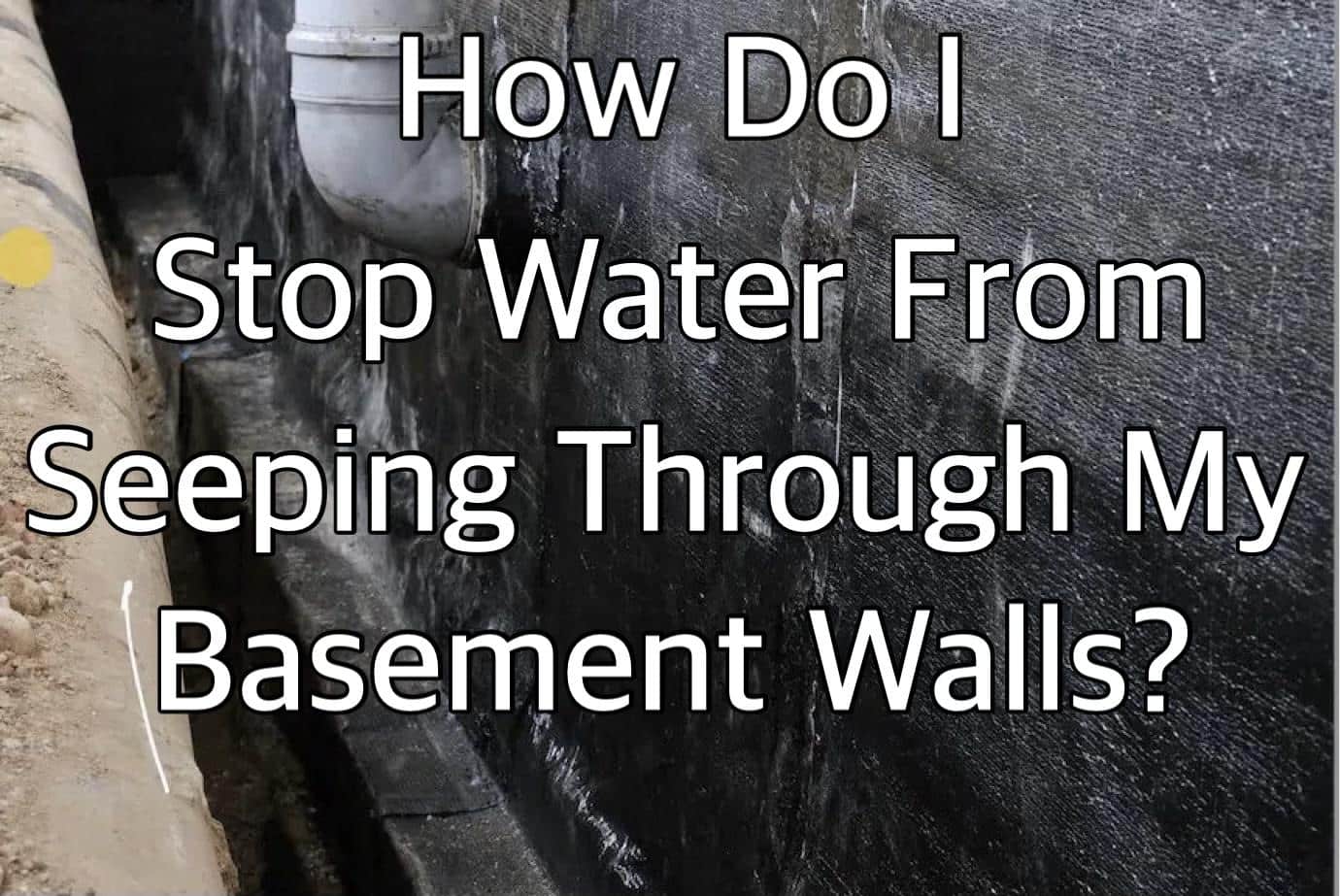
Water seepage in basement walls can lead to numerous issues, including structural damage, mold growth, and compromised indoor air quality. Addressing this problem promptly is crucial to safeguard your property and ensure a healthy living environment. What are some effective strategies to prevent water from seeping through your basement walls, allowing you to protect your investment and maintain a dry and secure basement space?
Identify the Source of the Problem
To tackle water leaks effectively, it is vital to identify the source of the issue. Several common culprits include foundation cracks, improper drainage, faulty gutters, or hydrostatic pressure. Conduct a thorough inspection of your basement wall to pinpoint any visible cracks or gaps. More often than not, basement leaks originate from cracks in the walls. Even the tiniest hairline crack can lead to substantial water infiltration and ruin floors over time.
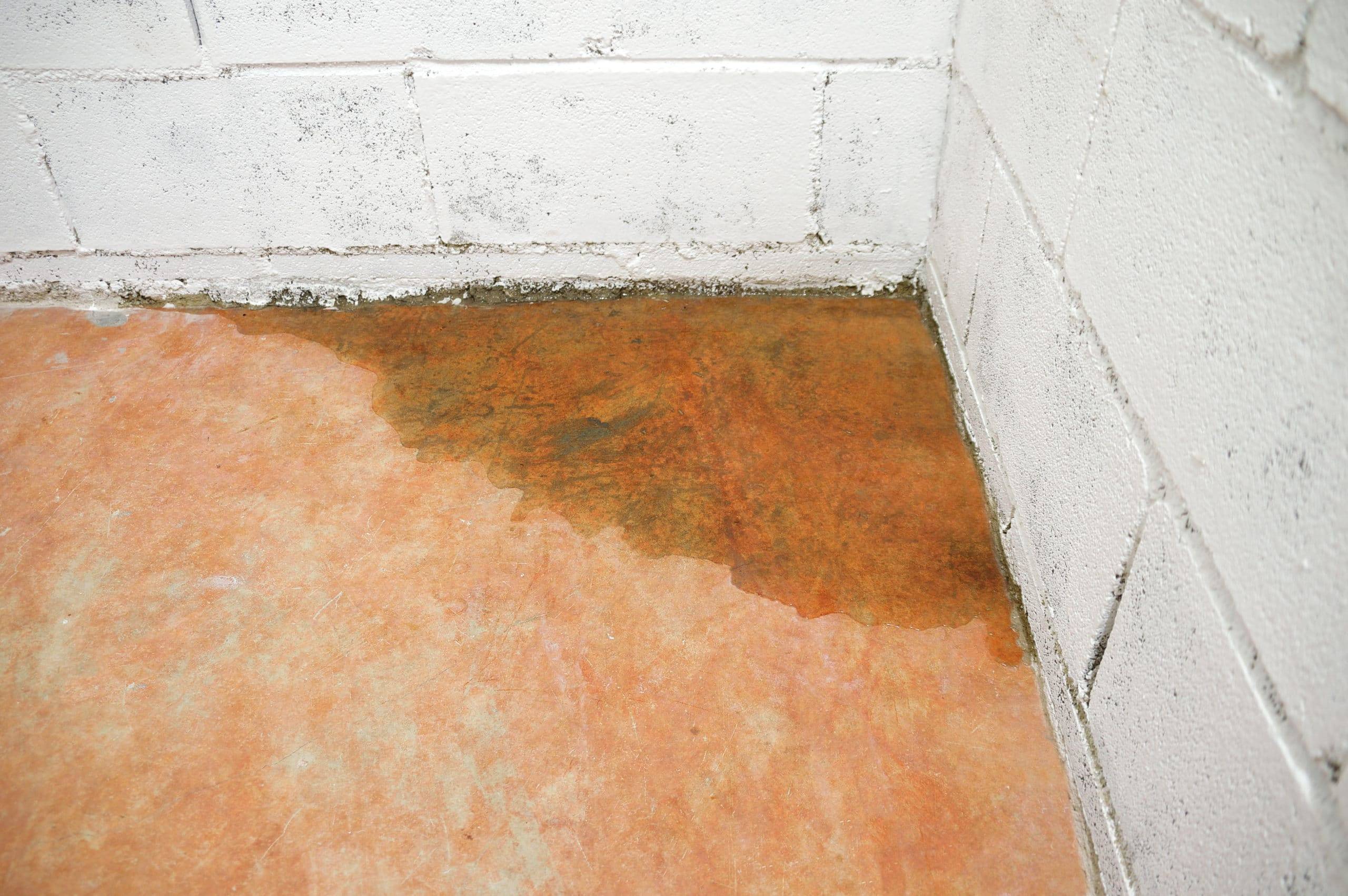
Additionally, assess the surrounding landscape for signs of poor drainage, such as pooling water or improper grading. Identifying the root cause will help you determine the most appropriate solution for your specific situation. Leaking water in basement walls can cause significant damage and impact the integrity of your home. By identifying the source of the problem, you are taking the first step to effectively preventing water from seeping into your basement, ensuring a dry and secure living space.
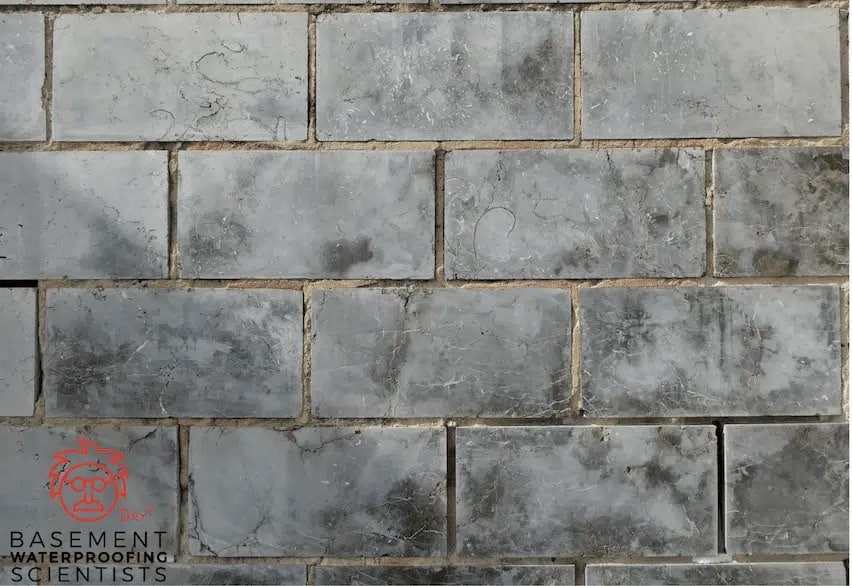
Sealing and Waterproofing Basement Walls
Once you have identified any cracks or gaps, sealing them is an essential step in preventing a basement leak. Use a high-quality epoxy or polyurethane sealant to fill in the cracks, ensuring a watertight seal. Additionally, consider applying a waterproof coating to the interior or exterior walls to provide an extra layer of protection.
These coatings act as a barrier against moisture and help redirect water away from the foundation, reducing the risk of seepage. Another effective solution is to use hydraulic cement to patch up these leaks. This unique compound expands as it dries, filling in cracks and forming a waterproof seal. This is a particularly effective solution for concrete walls, which are common in many basements.
While basement waterproofing mostly focuses on the floors, let’s not overlook the importance of waterproofing masonry walls and basement windows. These areas can be susceptible to water leakadge, especially in areas prone to heavy rain. Masonry waterproofing products, such as waterproofing paint and polyurethane caulk, can be applied to walls to prevent moisture from seeping through mortar joints and other loose material. Similarly, window wells can be used to divert rainwater away from basement windows, reducing the likelihood of leaks.
Foundation Walls and Their Role in Basement Waterproofing
Foundation
When it comes to safeguarding your home from water damage, ensuring the integrity of your foundation walls is key. As the structure that holds your home aloft, these walls serve as the first line of defense against water leaks. Basement Waterproofing Scientists is the company to call for your free estimate!
Challenge at Hand
The primary issue that foundation walls face is water pressure. This pressure can result from both groundwater and rainwater buildup around your home’s foundation. Over time, the constant force can cause damage to your walls, leading to water leaks. These leaks not only dampen your basement but can also undermine the structural integrity of your home.
Interior Drainage systems
One of the best basement waterproofing methods to counter this problem is the installation of interior drainage systems from Basement Waterproofing Scientists. These systems are designed to intercept water that infiltrates your basement and divert it away from your home. One such system is the interior footing drains, a type of footing drain that is installed inside the basement. It collects water that seeps into the basement and directs it to a sump pump, which then pumps the water out and away from your home.
Window Wells
Window wells are another integral part of the waterproofing process. Windows below ground level are particularly prone to leaks due to the build-up of water pressure around them. By installing window wells, you can provide an exit route for the water, reducing the pressure and preventing leaks. It’s advisable to keep these wells clean and clear of debris for them to function effectively.
Call an Expert Today
Foundation walls play a crucial role in maintaining the dryness and structural integrity of your home. Ensuring they are waterproofed correctly is essential to prevent water leaks. While there are many methods out there, choosing the best basement waterproofing method is contingent upon your specific situation. A combination of a reliable interior drainage system, properly installed window wells, and regular maintenance can protect your foundation walls and keep your basement from leaking.
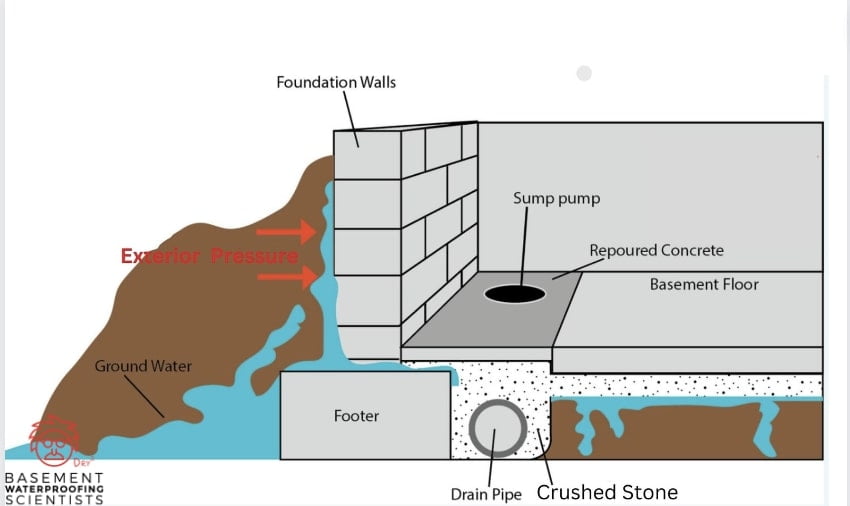
Improve Drainage Systems
Inadequate drainage can significantly contribute to water seepage in basement walls. Start by ensuring that your gutters and downspouts are clean and properly functioning. Redirect downspouts away from the foundation, allowing water to flow at least six feet away from the house.
Footings, which are the base structures your home sits on, often have drains to help keep water away from the foundation. However, these footing drains can become blocked over time, causing a backlog of water that can seep into your basement.
Regular maintenance is key to ensure these drains remain clear and functional. Consider installing a French drain or a sump pump system to actively divert water away from the walls. These solutions are particularly effective in managing excessive groundwater or surface water, preventing it from infiltrating your basement.
Sub Floor Drainage Systems
A Sub Floor Drainage system, sometimes called a french drain, is another excellent solution for a leaky basement. This type of drainage system can be installed around your foundation walls or even under your basement floor to help keep water at bay. A French drain effectively redirects wet soil and water away from your house, helping to protect your basement from leaks.
Guide to Sub Floor Drainage Systems
One of the best basement waterproofing methods is the installation of sub floor drains. These systems offer an efficient solution to redirect water and surface runoff, preventing the ruin of your basement floors and walls.
Sub floor drains consist of a perforated pipe laid in a shallow ditch, typically filled with gravel, designed to carry water away from the house. The primary purpose of these drains is to reroute rainwater from seeping into your basement, crawl space, and other areas of the house that can easily get ruined by water such as painted walls. This system works wonderfully when installed around the perimeter of your house, offering a permanent fix for your leaking basement.
The key to a successful basement waterproofing method is proper installation and maintenance. While the installation might cost a few hundred dollars, the investment is worthwhile to avoid more expensive repairs in the future due to water damage.
Sump Pumps
If you frequently experience basement leaks despite patching up cracks, a sump pump could be your saving grace. They are specially designed to remove water that has accumulated in a water-collecting sump basin, commonly found in the basements of homes. Using these pumps in your wet basement not only eliminates existing water but also helps prevent future leaks. Having a sump pump is like having a valuable insurance policy against basement flooding, especially during heavy rain seasons.
How do sump pumps keep water out?
Basement waterproofing is essential in safeguarding your home from the damaging effects of moisture, especially during heavy rains. Sump pumps play a vital role in the grand scheme of basement waterproofing. They are installed in a pit at the lowest point of your basement, commonly in a corner of the concrete floor. Their primary function is to pump out water that collects in the sump basin and direct it away from your home via plumbing pipes. This way, even during heavy rains, you can keep your basement dry and comfortable.
One common issue that could challenge the efficiency is humid air. This often comes from sources like leaky dryer vents or cold water pipes. These sources increase the water vapor level in the basement, causing condensation on your bare concrete walls and floor. A dehumidifier can work in tandem with your sump pump to manage this issue by reducing the level of humidity in the air, further enhancing the waterproofing effect.
In addition to the interior setup, they can also be used with exterior waterproofing strategies. For instance, they can be connected to exterior footing drains or a curtain drain to effectively manage water before it has a chance to penetrate your basement walls.
To reinforce the waterproofing process, a moisture barrier could be installed on the walls and floor. This barrier, made from a polyethylene or vinyl material, effectively stops water vapor from seeping through your walls and floor. It’s like putting a protective tar coating on your basement, ensuring that no moisture can permeate and ruin your interior.
Another handy addition to your waterproofing efforts is the use of gutter extensions. These simple yet effective tools help redirect rainwater away from your home’s foundation, reducing the amount of water that could potentially enter your basement. This, combined with the work of your sump pump, makes for an effective, proper method of maintaining a dry basement.
Consult a Professional
If you have persistent water seepage issues despite your efforts, it may be beneficial to seek professional assistance. A qualified basement waterproofing contractor can evaluate the extent of the problem and recommend appropriate solutions tailored to your specific needs. They may suggest advanced techniques such as installing interior or exterior drainage systems, waterproof membranes, or even excavation in severe cases.
Consulting a professional ensures that you receive expert advice and comprehensive solutions to address water leakage effectively. Call Basement Waterproofing Scientists Today!
Act Now
By identifying the source of the problem, sealing and waterproofing walls, improving drainage systems, maintaining proper grading, and seeking professional help when needed, you can effectively prevent water from seeping into your basement, ensuring a dry and secure living space. Dealing with a wet basement can be challenging. No matter the size of your basement or the extent of the leaks, there’s a solution out there that can turn your wet basement into a dry, comfortable space.
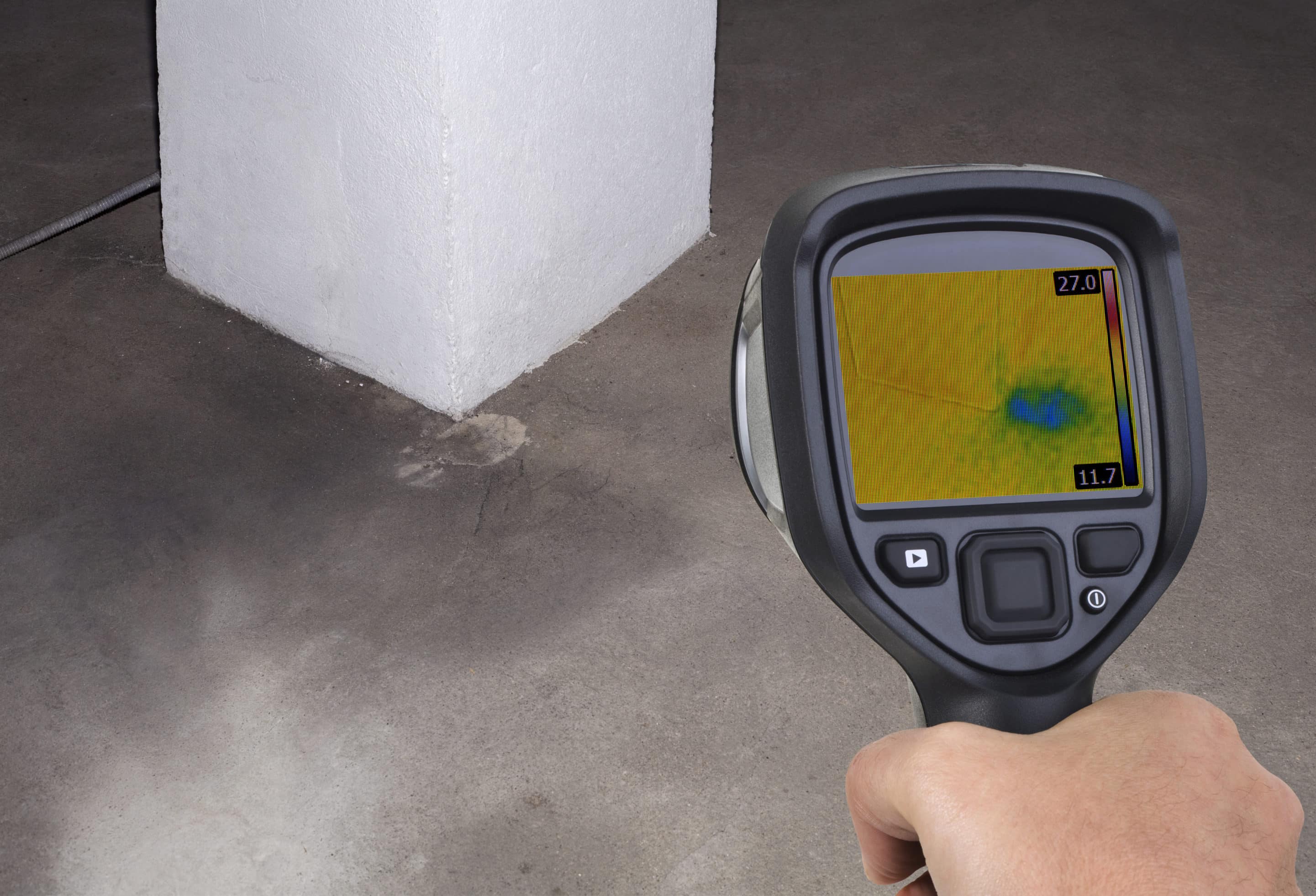
Waterproofing your basement will prevent basement moisture; and no one likes wet basements. If you’re dealing with a wet basement, it’s time to take action and call Basement Waterproofing Scientists for your free inspection!

